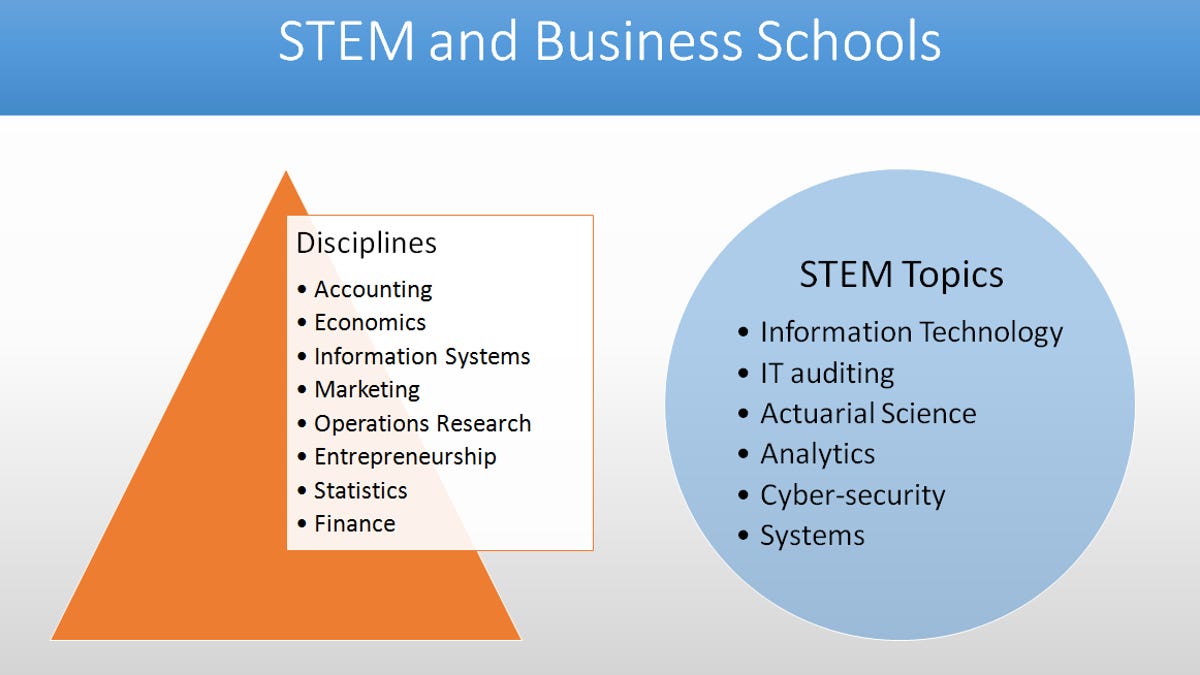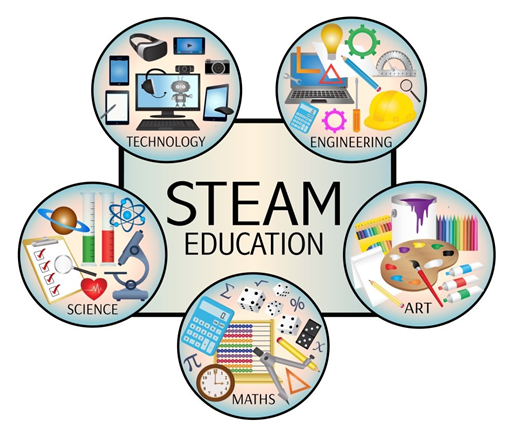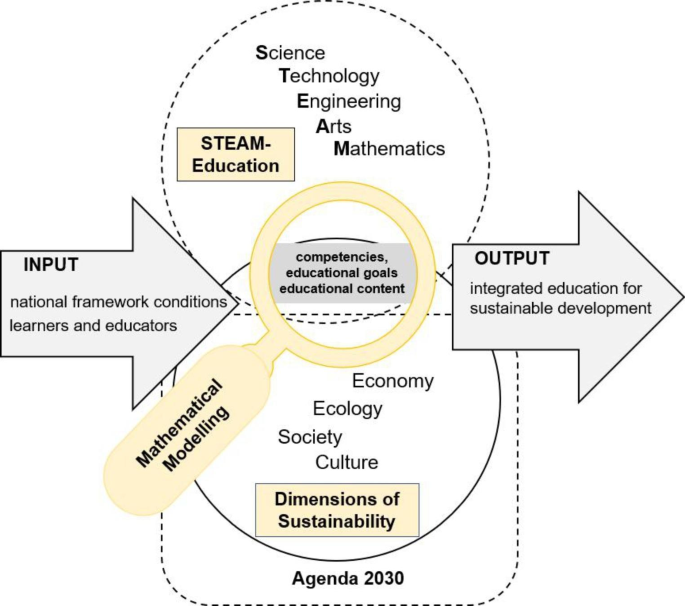Future-Ready STEM Education for Entrepreneurs of Tomorrow

Igniting Futures: STEM Education Meets Entrepreneurship Excellence
In today’s rapidly evolving landscape, the intersection of STEM education and entrepreneurship stands as a beacon of innovation, shaping the minds of future leaders. This dynamic synergy isn’t just about equations and formulas; it’s about cultivating a mindset that fosters creativity, problem-solving, and the drive to turn ideas into reality.
Innovative Learning Spaces: STEM Education’s Impact
STEM education creates a foundation that goes beyond traditional classroom boundaries. It thrives on interactive, hands-on experiences that stimulate curiosity and critical thinking. Through engaging activities in science, technology, engineering, and math, students develop the skills necessary for the challenges of the real world. These skills extend beyond academic achievements; they are the building blocks for future entrepreneurs.
Cultivating Entrepreneurial Mindsets: A New Pedagogy
Entrepreneurial thinking is more than just launching startups; it’s a mindset that embraces challenges and seeks opportunities. STEM education, with its focus on problem-solving and experimentation, naturally nurtures this entrepreneurial spirit. Students learn not only to tackle complex problems but also to see them as opportunities for innovation. This shift in perspective becomes a powerful asset as they embark on entrepreneurial journeys.
From Classroom to Boardroom: Fostering Leadership
STEM-educated individuals are not just job seekers; they are the future leaders and decision-makers. Entrepreneurship thrives on leadership, and STEM education instills leadership qualities from the early stages. Whether it’s leading a team project, conducting experiments, or presenting findings, students develop the confidence and skills needed to navigate the challenges of entrepreneurial ventures.
STEMpreneurship Unleashed: Connecting Education and Business
The marriage of STEM and entrepreneurship is not a coincidence but a strategic alignment. It’s about preparing students for the dynamic demands of the business world. STEM education equips individuals with a solid foundation in technology and science, while the entrepreneurial aspect hones their ability to turn innovative ideas into marketable products and services. This fusion creates a new breed of professionals—STEMpreneurs.
Inspiring Innovation: STEM as a Catalyst
STEM education serves as a catalyst for innovation, laying the groundwork for groundbreaking ideas. When combined with an entrepreneurial mindset, this innovation becomes a driving force for economic growth and societal advancement. From developing sustainable technologies to creating disruptive business models, the fusion of STEM and entrepreneurship inspires a culture of constant innovation.
Venture Visionaries: Navigating Risk and Reward
Entrepreneurship is inherently tied to risk, and STEM education prepares individuals to navigate this terrain. Through experimentation and problem-solving, students learn to embrace uncertainty and view failure not as an obstacle but as a stepping stone towards success. This resilience, fostered by STEM education, becomes a defining trait for those venturing into the entrepreneurial realm.
Beyond Profit: STEM as a Force for Social Change
STEM-educated entrepreneurs are not solely driven by profit margins; they are also driven by a sense of responsibility to contribute to social change. Whether it’s developing technologies to address environmental issues or creating solutions for global health challenges, the intersection of STEM and entrepreneurship becomes a force for positive impact, addressing the pressing issues of




64be9b29b5881.jpg)




